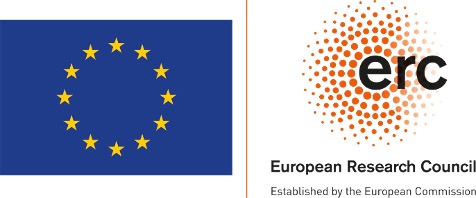Jamie Draper is a Postdoctoral Prize Research Fellow in Politics at Nuffield College, University of Oxford. His work focuses on climate change, migration, and displacement, and his recent articles have been published in journals such as the European Journal of Political Theory, American Political Science Review, and Political Studies. His book, Climate Displacement, is forthcoming with Oxford University Press.
Climate Change and Territorial Sovereignty
This paper examines the case of small island states threatened by sea level rise associated with climate change, focusing on small island peoples' rights to self-determination. The first part of the paper develops a conception of self-determination according to which independence from the arbitrary interference of others and an effective capacity for self-government are core features of self-determination. The second part of the paper leverages this conception of self-determination to critically assess three proposals for small island states: territorial redistribution, deterritorialised statehood, and intrastate territorial autonomy. I give a cautious defence of intrastate territorial autonomy, arguing that a weak version of deterritorialised statehood cannot secure self-determination in a meaningful sense, and that both territorial redistribution and a strong version of deterritorialised statehood can do so only by creating significant moral costs. Intrastate territorial autonomy, if implemented in ways that reflect the values of small island peoples, can secure self-determination whilst at the same time minimising these moral costs.

'DynamiTE lunchtime seminars' are a part of the project 'Dynamic Territories'. This project has received funding from the European Research Council (ERC) under the European Union’s Horizon 2020 research and innovation programme (grant agreement No 948964).
